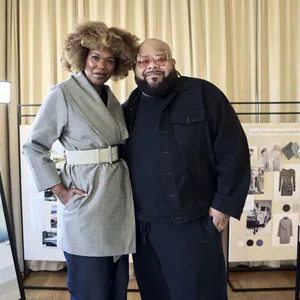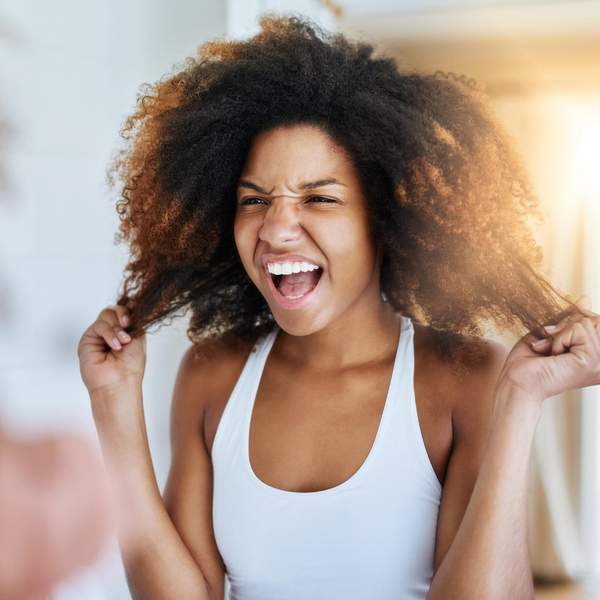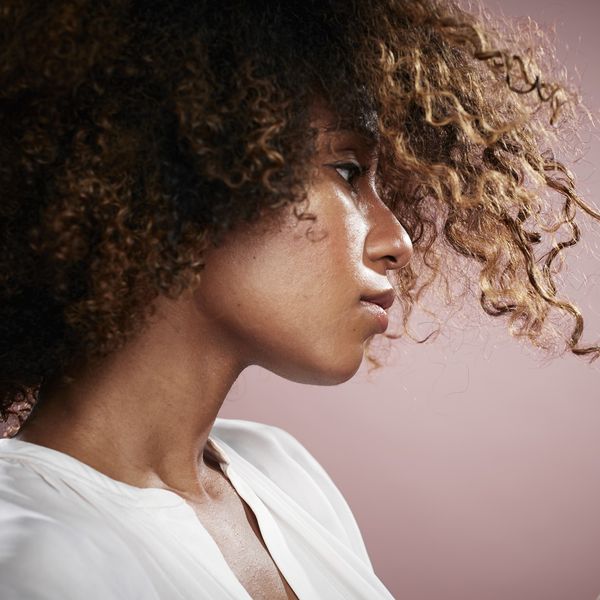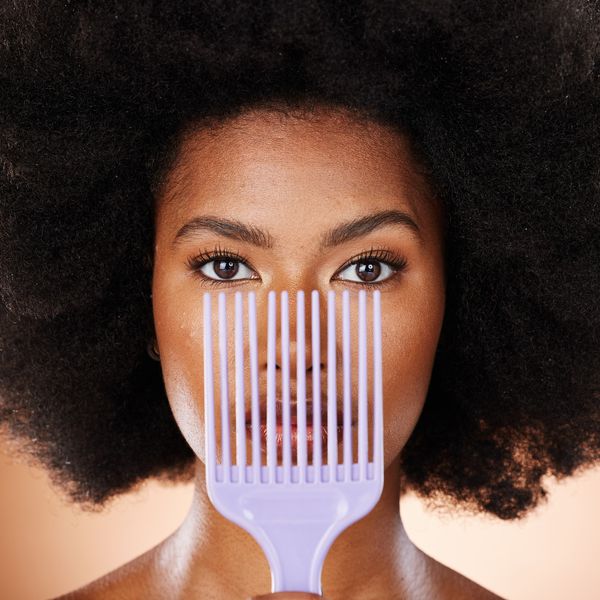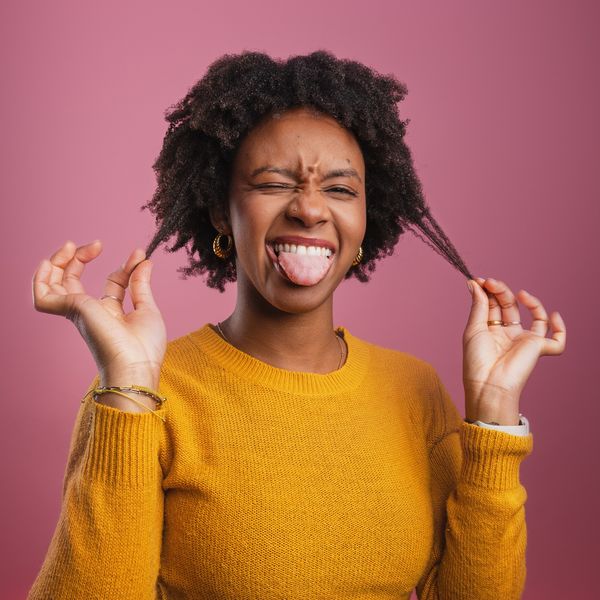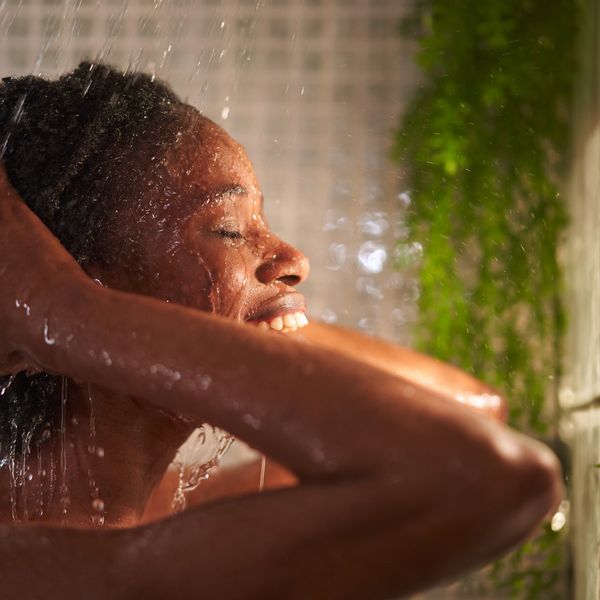Gee, I think we've all had moments when we've gotten out of bed, went into the bathroom to style our hair and, it seems like no matter what we do, nothing comes out as we planned. Ugh. Usually what we call that is a "bad hair day," right? Oh, but is it really? If you've been finding yourself wearing more head wraps and hats these days and you've chalked it up to having more bad hair days than usual, I just want to provide you with a few things to consider — ones that, if you take them into serious consideration, you could end up having a whole lotta less bad hair days in your future.
First of All, There Is Absolutely No Such Thing As “Bad Hair”
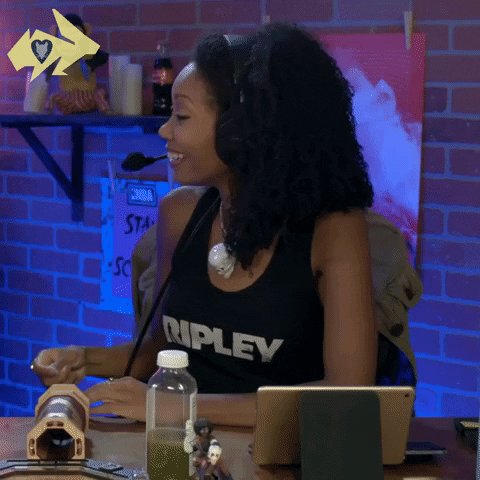
You know what's a trip about bad hair days? Have you ever noticed that when it seems like you have one that a whole lot of other stuff isn't going all that right either? What I mean by that is, it's not usually that our hair decides that all of a sudden, it's not going to cooperate. Sometimes, we woke up on the wrong side of the bed. Other times, we're rushing too much to give our tresses the time that it needs and deserves. Many times, we didn't "prep it well" the night before.
Whatever the case may be, the main thing to keep in mind is, no matter how much your hair may seem to be throwing a bit of a temper tantrum right along with you at any given time, there really is no such thing as "bad hair". Therefore, if your hair seems to be showing out a bit, it's usually not because of your actual hair (so don't do anything drastic just yet) but some other circumstances that could be causing it to not get in line with what you want it to do. I call these "hair inconveniences". Inconveniences like what?
6 Hair Inconveniences That Can Lead to Bad Hair Days
Too Much Humidity
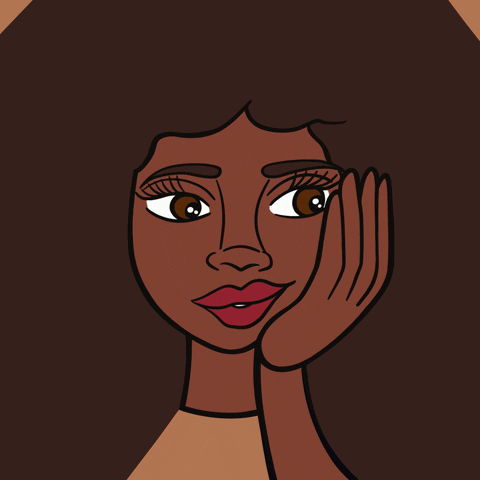
OK. Since most of us have some sort of curly texture to our hair, that's a part of the reason why it stays drier than non-Black women's locks do. The "science" of it all is the natural sebum that comes from our scalp has difficulty moisturizing our strands from root to tip, due to the twists and turns that it experiences while trying to get down our hair shaft. As a direct result, we have to take a few extra steps in order to keep our hair hydrated such as deep conditioning, sealing our ends, sometimes using a humectant on our hair and/or sleeping with a humidifier.
However, as with most things in life, there is such a thing as "too much of a good thing". In this case, when our hair is affected with too much humidity, that won't only result in shrinkage but frizzing too. So, if your hair is frizzy as all get out and you sleep with a humidifier every night, you might want to turn your setting down. If you're going to use heat to style your hair, make sure you apply a thermal heat protectant (it will protect your hair from outdoor humidity). And when you're styling your hair, in general, applying some whipped shea butter certainly can't hurt. It will help to add a little "weight" to your hair, so that it can combat frizz while also making sure that your hair maintains the moisture that it needs.
Maryam Hampton is a popular YouTuber who has a video that can walk you through how to make whipped shea butter from the comfort and convenience of your own home. You can check it out here.
Too Little or Too Much Protein

I don't know about you but a huge mistake that I tend to make is not giving myself a regular protein treatment. This is necessary because well, your hair is made up of mostly protein (keratin). According to most professional stylists, a protein treatment is something that needs to happen every 4-6 weeks.
So, how do you know if your hair needs a protein treatment? It doesn't have a lot of elasticity. It's limp and can't hold a style. It's breaking a lot. You've recently color-treated your hair. It feels "gummy" to the touch. If any of these things are the case, no wonder you're having a so-called bad hair day. And what if you're someone who actually does give yourself protein treatments but you're not sure if you're overdoing it? If your hair feels super stiff, is hard or brittle, lacks sheen, snaps off at the ends rather easily and/or you've got more tangles or split ends than usual — lay off on the protein treatments for a couple of months and focus on deep conditioning your hair instead.
For the record, a conditioner that has jojoba in it is awesome because that is something that is really effective when it comes to treating protein-sensitive hair. Give it a shot if your hair seems to be over-processed from protein.
It’s Time for a Cut (or Trim)
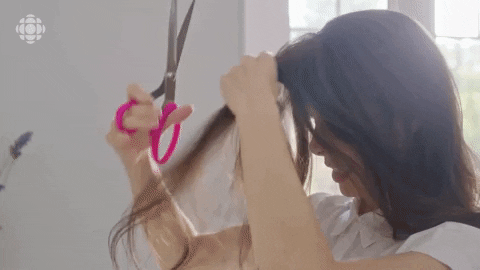
If you've got a lot of fairy knots. If your hair can't seem to hold any definition or style. If your ends are "see through" and straggly. If your locks seem "stuck" when it comes to growth. If it's been a couple of months since you've put some shears to your head. These are all strong indications that you need to either get a cut, a trim or at least that you need to dust your own ends (you can watch a video on how to do that here). If you ignore these signs, not only do you increase your chances of having even more bad hair days, you also run the risk of damaging your hair even more because, the less your hair does what you want it to do, the more prone you will be to constantly manipulating it with styling tools or even your hands. That's why you really should make a practice of trimming/dusting every eight weeks or so and getting a professional cut once a season (no less than twice a year).
You Need to Switch Up Your Hair Products
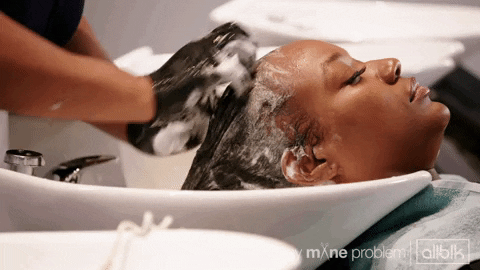
I'm pretty sure I'm not the only one who has at least one space that is designated for all kinds of hair products — and at least 65 percent of them, you don't even use.
While finding the right ones that complement your hair are about as taxing as finding the right partner, it's important to keep in mind that 1) just because a particular product might work for your favorite YouTube naturalista or even one of your girlfriends, that doesn't mean that it's going to work for you and 2) there are clear signs when a product isn't really your hair's homie — if it leaves behind a ton of build-up or residue; it irritates your scalp; it zaps out moisture; it reduces volume; it severely alters your hair texture; it makes your hair less manageable; it causes the color of your hair to fade at an accelerated pace and/or it doesn't complement the season that you're in.
For instance, when it's cold outside, you're probably going to use your central heat more. That, on top of the fact that cold air can actually raise your hair's cuticles and dry them out, you need to make sure that you not only deep condition your hair, each and every wash day, but that you add an oil like grapeseed (it adds moisture and shine); avocado (it adds moisture and repairs damaged hair); olive (it softens and boosts your hair's antioxidant levels); argan (it protects your hair and scalp from environmental damage) and/or pumpkin seed oil (it nourishes your hair follicles and increases volume) to your conditioner (even if you use a leave-in conditioner), so that your hair is provided with extra moisture and your scalp is provided with extra protection. During the warmer months, your hair needs products that will protect it from UV damage, creams and gels that will encourage less heat styling and deep conditioning masks to combat things like sweat, salt water and chlorine.
Bottom line, failing to alter your products with the seasons or not observing how your hair is reacting to a particular product can also lead to bad hair days, if you're not careful.
You Need to Switch Up Your Mood
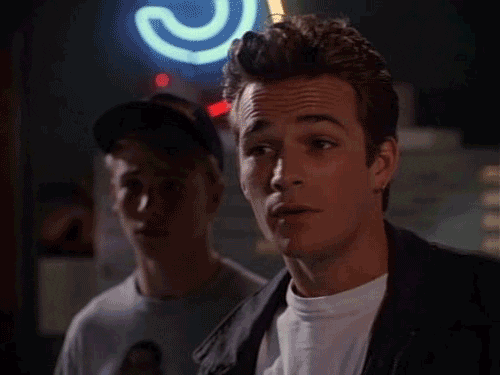
Maybe it's just me but it seems like if I'm already in a bad mood, it's about a definite that I'm going to be hypercritical when it comes to my looks or mad impatient while I'm in the process of figuring out what the heck to do with my hair. That's why, if you know that you know that you know that you woke up on the wrong side of the bed, avoid a mirror for a while. Instead, do some meditating; listen to some of your favorite (non-triggering) music; eat a favorite food that will put you in a good mood (check out "In A Bad Mood? These Foods Will Lift Your Spirits!" and "Eating Well: 10 Foods That Can Improve Your Mental Health"); throw on a hat and take a quick walk outdoors; engage in some morning or shower sex; audibly declare some things that you love about yourself or pull out your gratitude journal and jot down some things that you are truly thankful for. Once you do something that can offer up some "silver linings", it'll be easier to look at your hair with the love and patience that it truly deserves.
You Need to Give Your Hair a Break
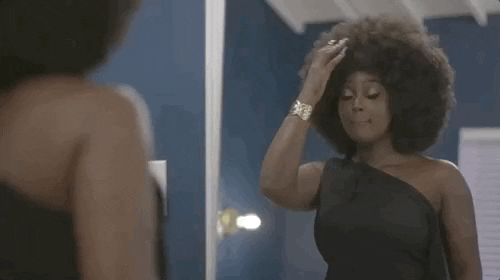
Think about it for a second. How would you feel if you were constantly being tugged or pulled on? My point is, sometimes, what we perceive to be a bad hair day is simply the universe's way of saying, "Give your hair a break, why don't you?" That same-placed ponytail is adding too much pressure to the same spot on your head. That flat iron is starting to damage your hair's natural texture. The way you've been parting your hair is training it to not be very flexible anymore. Sometimes, all we need to do with a so-called bad hair day is just…leave our hair alone. Put on that turban, hat, wig or weave and just give it a chance to be totally left alone. Or we can really go all out and just let it do…whatever it wants to do.
Was this little write-up supposed to convince you that your hair is always going to cooperate with you? Nope. That's not how life works. Hopefully, though, it helped to shed some light on the fact that oh, about 7 times outta 10, you've got more control over bad hair days than you've probably been giving yourself credit for. Now that you know that, seize the bad hair days, sis! Straight up.
Join our xoTribe, an exclusive community dedicated to YOU and your stories and all things xoNecole. Be a part of a growing community of women from all over the world who come together to uplift, inspire, and inform each other on all things related to the glow up.
Featured image by Getty Images
- The Real Reason Your Stylist Makes You "Come Washed" ›
- Looking For Hair Growth? It Might Be Time To Bring 'Blue Magic' Back ›
- If Your Hair Keeps Breaking Off, You're Probably Doing This. ›
- How To Do The Curly Girl Method In 4 Steps - xoNecole: Lifestyle, Culture, Love, & Wellness ›


